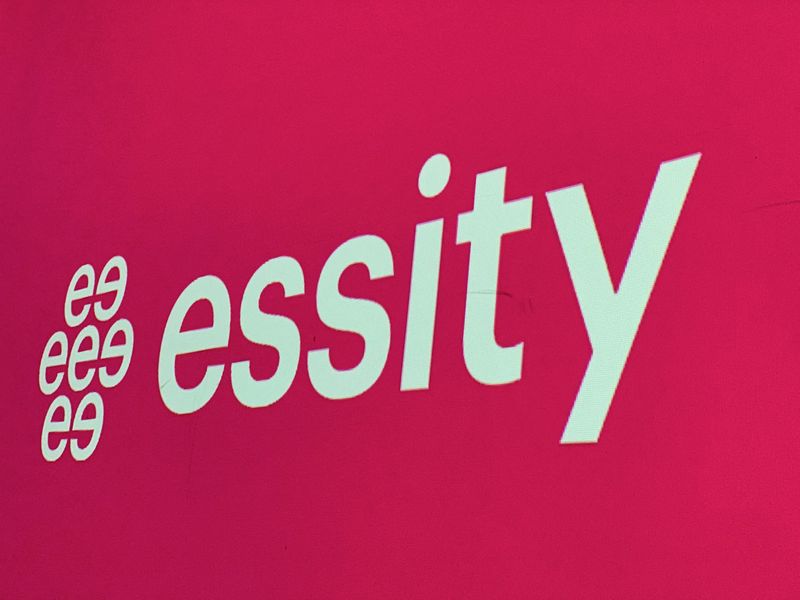Investing.com’s stocks of the week
By Agata Rybska and Louise Rasmussen
(Reuters) -Essity beat fourth-quarter earnings forecasts on Thursday as price increases and government aid offset energy costs at the world's second-biggest maker of consumer tissue.
The Swedish firm expects input costs to stabilise this year except for energy, which it expects to rise further.
"For the 70% that we have hedged in gas and electricity, the prices are significantly higher," finance chief Fredrik Rystedt said on an earnings call.
The company's shares opened higher but reversed course to trade around 3% down in midday trade after the call.
The group, which sells toilet paper and napkins under brands such as Lotus, Tempo and Vinda, received 500 million Swedish crowns ($48.9 million) in energy-related subsidies in the final quarter of 2022.
"Excluding this one-off benefit, EBITA probably would have missed expectations," Berenberg analyst Fulvio Cazzol told Reuters.
Rystedt said that without subsidies, energy prices would weigh even more on the group's earnings in the first quarter.
Essity said it raised its prices by 13.3% on average in the fourth quarter, and would raise them further in 2023.
CEO Magnus Groth said price increases in the Health and Medical division - which supplies pharmacies, hospitals and care homes - were more difficult due to longer contracts and slower implementation of reimbursement schemes.
"It is a challenge, and it will take the coming year for them to catch up on margins," Groth told analysts.
In an interview with Reuters, Groth said Essity had lost "a few customers" due to the price increases.
"We don't know if we raised prices enough until we see some customer losses," he added.
Essity's fourth quarter adjusted core earnings (EBITA) rose to 4.08 billion crowns, topping the 3.64 billion expected by analysts polled by Refinitiv Eikon.
($1 = 10.2281 Swedish crowns)
